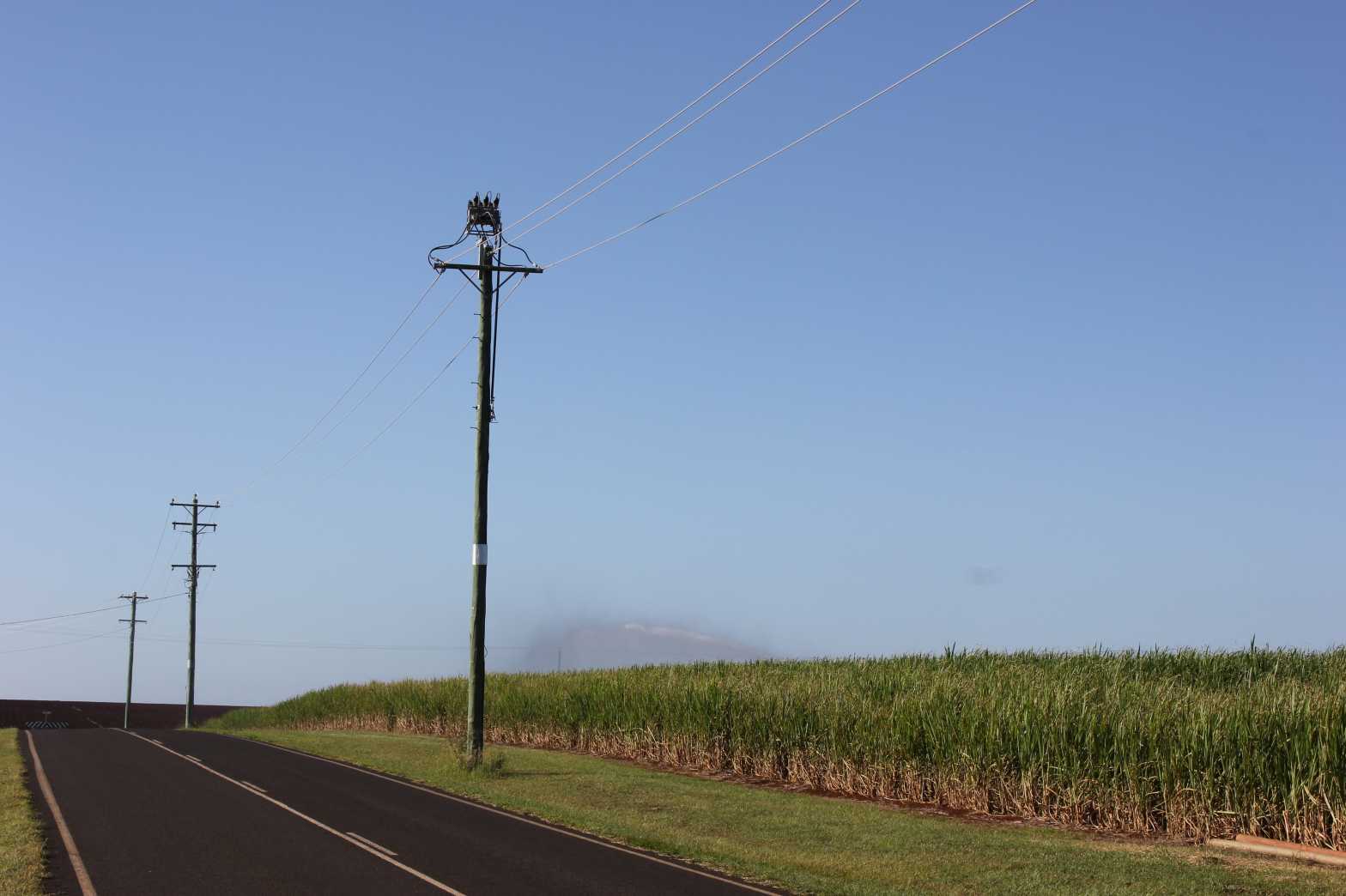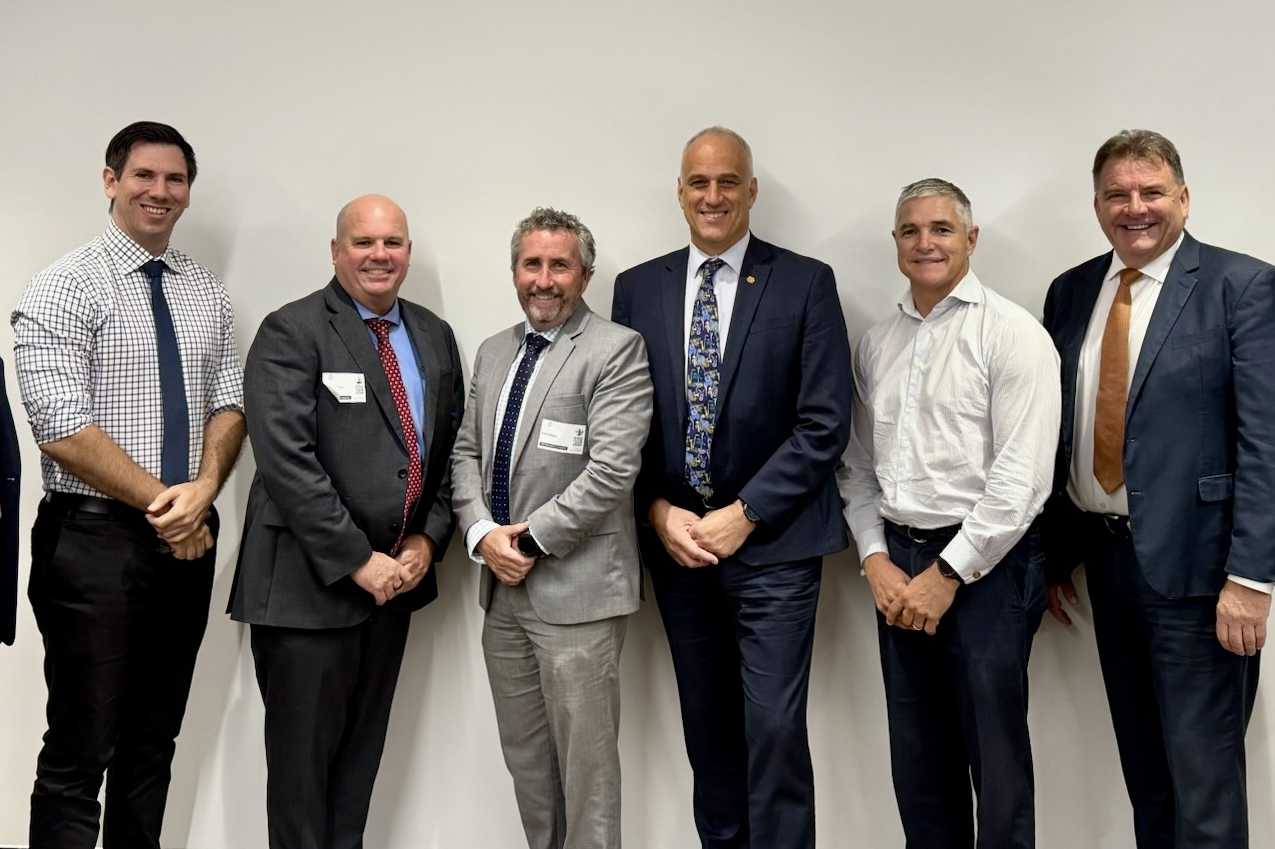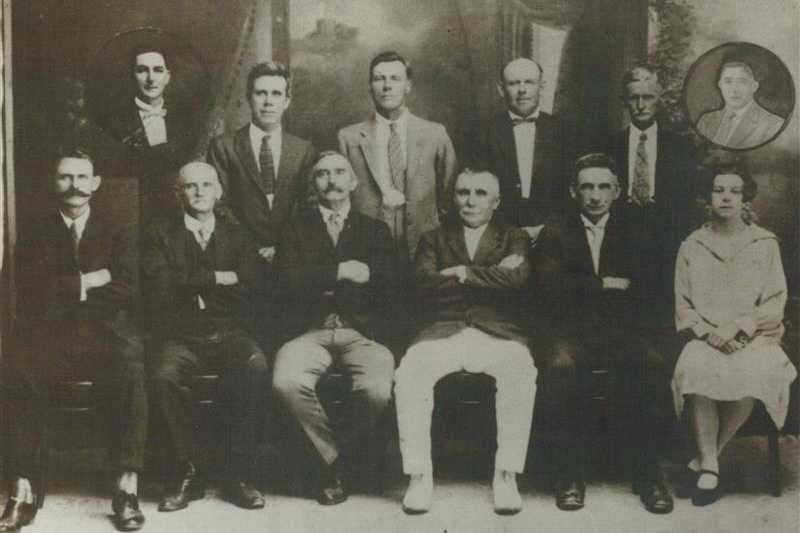CANEGROWERS is warning that a government plan to establish a second public electricity retailer in regional Queensland risks creating a duopoly without providing the price relief that farmers desperately need.
Announced as part of their election platform, the Labor government said the move will increase competition and lower power prices.
However, CANEGROWERS Chairman Owen Menkens said that the plan fails to address the core issues and will not deliver meaningful competition in the energy market.
“This proposal would introduce a second government-owned retailer, creating pseudo-competition that offers no real benefit to electricity consumers in regional Queensland,” Mr Menkens said.
“Instead of promoting genuine competition, the plan would result in two government-owned entities controlling the market, effectively maintaining a monopoly under a different name.
“This isn’t real competition. Farmers and regional communities need actual competition that lowers prices.”
CANEGROWERS is calling for an immediate 40% reduction in electricity prices for agriculture, with tariffs capped at 16c/KWh.
This would provide urgent relief to struggling farmers and bring electricity prices back to sustainable levels.
The organisation is also pushing for reforms to the Community Service Obligation (CSO), a subsidy currently paid to Ergon Energy.
Mr Menkens said the CSO should be directed solely to Ergon Networks, not Ergon Retail, to allow other retailers to compete on price.
This, he says, is the key to fostering genuine competition and driving down power costs.
“Redirecting the CSO to Ergon Networks would level the playing field and encourage competition,” Mr Menkens said. “This is a far better solution than adding another government-owned retailer.”
CANEGROWERS is also urging the government to support the development of micro-grids that would enable sugar mills to sell power directly to sugarcane growers.
This innovative approach could help reduce electricity costs and promote renewable energy through biomass co-generation at sugar mills.
Farmers have already shown they are responsive to price signals, with many adjusting usage through Time-of-Use tariffs.
“With support for micro-grids and real competition, we believe regional Queensland could see significant energy cost savings and more innovative power solutions,” Mr Menkens said.
“We’re calling on the Queensland Government to rethink its energy policies and focus on delivering real price reductions and competitive energy markets, rather than introducing superficial fixes that won’t solve the underlying issues.”




